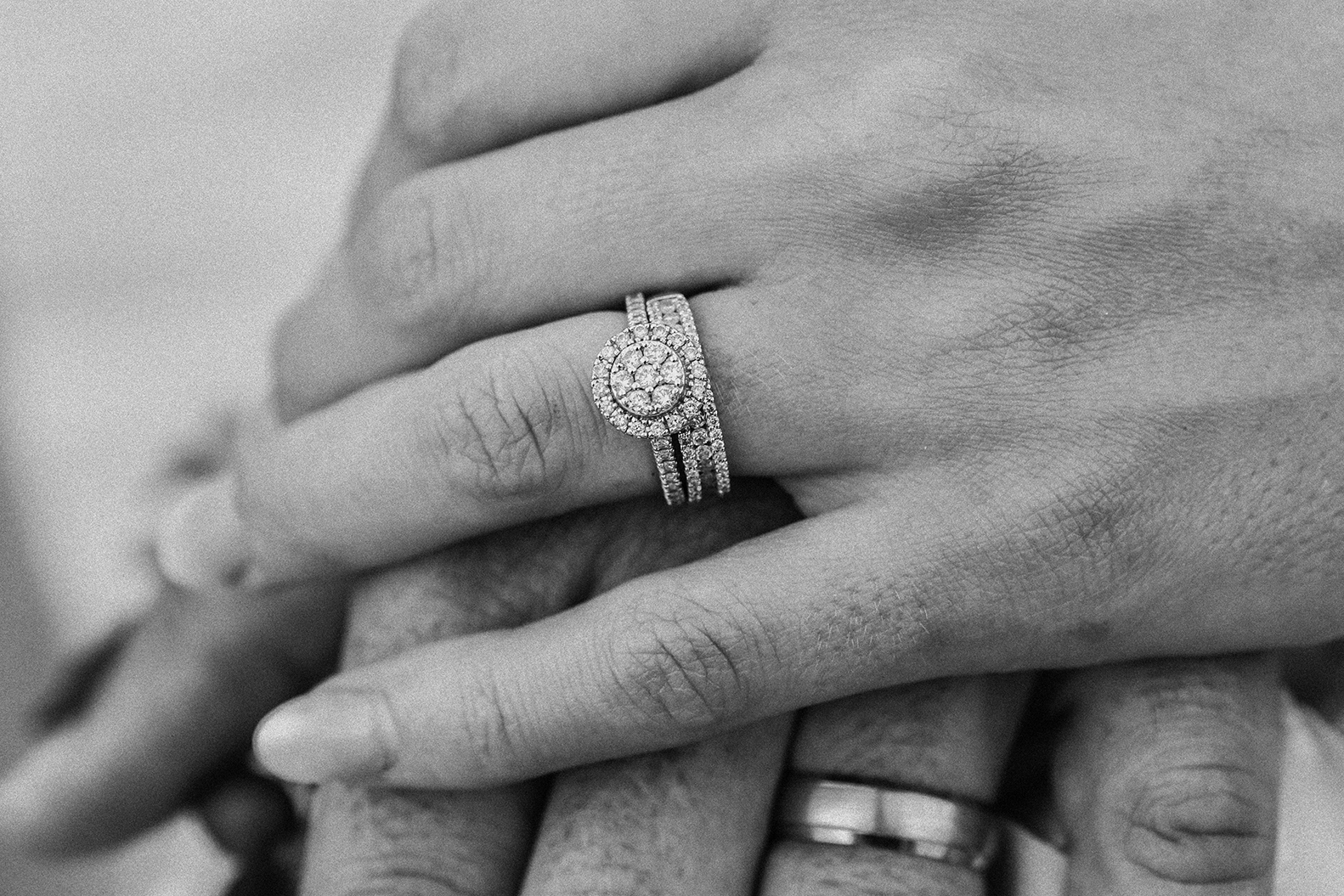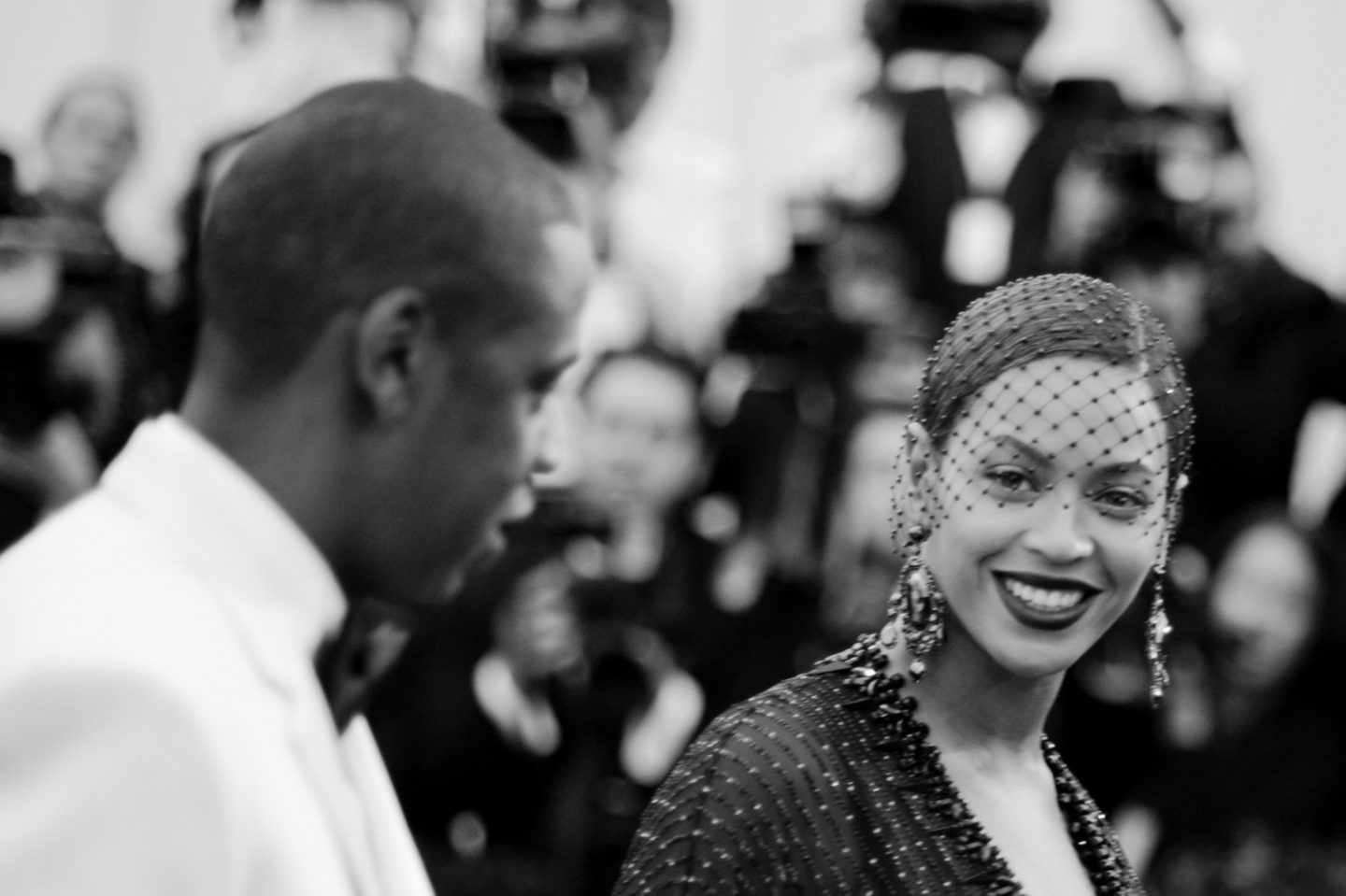“My daddy warned me about men like you
He said, ‘Baby girl, he’s playing you.'”
(Beyoncé, “Daddy Lessons”)
When rumours of infidelity swirled around the power couple ever since the release of Beyoncé’s hit album Lemonade – filled with songs that hinted strongly at Jay-Z’s unfaithfulness in their marriage – it left many confused. Why would anyone cheat on a wife like Beyoncé?
But as it goes, cheating has nothing to do with how hot your wife is. And finally, in a recent interview for The New York Times’ T Magazine, Jay-Z admitted to an emotional shutdown that ultimately led to his affair.
What then is the root issue when it comes to cheating? As a guy who is currently attached, this is an important topic to consider. Cheating in a relationship doesn’t sound like something that comes naturally to anyone, but I do believe it is more prevalent an issue than most assume it to be.
 Let’s start with what “cheating” even is – at least how I would define it.
Let’s start with what “cheating” even is – at least how I would define it.
Cheating seems to indicate that you do want to keep the partner you’re committed to around, but you also want the thrill of having a romantic relationship with another individual. Why not just break up first otherwise, right?
Of course, this isn’t condoning someone who hops from partner to partner, lacking the desire to stay committed to a single individual. But they’re both symptoms of a similar root problem.
This is the question I’ve always had: Why would happy couples who’ve committed themselves to their relationships spiral down to such a state?
It’s easy for people to be attracted to other people. Even people who are not their significant others.
I think oftentimes we are too idealistic and end up underestimating how fickle humans really are. When we enter a relationship with someone we love – or someone amazing like Beyoncé – we probably think there’s no way we will ever pay attention to anyone else.
But the horror of the entire matter is this: It’s easy for people to be attracted to other people. Even people who are not their significant others.
Even before we step into committed relationships, we’ve already spent most of our lifetime experiencing varying degrees of attraction towards those around us. Whether it is someone you find physically attractive or an individual you share emotional chemistry with, I believe that in that instance of human connection, that individual would appear desirable.
And what makes you think that all magically stops once we are in relationships?
 It’s not difficult to find someone else other than your partner attractive, especially when the initial attraction wanes over time.
It’s not difficult to find someone else other than your partner attractive, especially when the initial attraction wanes over time.
This explains why for some, cheating is about the novelty of intimacy with someone other than your current partner. That renewed feeling of excitement and mystery.
But for others, it’s also been about finding someone “better”.
I want to take a pause here and caution anyone who thinks that their current partner is the best person they can be with. I disagree. The person you’re with is not the best. There will probably be another human being, whom you’ve yet to encounter, who’s objectively better than your current partner. Better looks, better personality, better whatever you wish.
And when you meet that person, your current partner will no longer be “the best”. This will likely increase your propensity to straying – and this is just one of the many ways you’ve set yourself up to do so!

Being able to stay committed in a relationship is not about finding the best person to be with – because if it was, Beyoncé would’ve been the last woman on earth to get cheated on.
Neither is it deciding that you’ll never be attracted to someone else – that’s really not something you can decide, and in fact, chances are, you will.
To be committed is to first and foremost be honest and conscious of our sinful selves. Then it takes a daily denial of all sinful desires, no matter how fleeting they are. It is to always be on guard against temptation.
Staying committed is a daily fight. And we have to recognise this, especially at the early stages of the relationship when all is merry and good.
If we become ignorant – maybe even arrogant – about the possibility that we will be attracted to other individuals, we will fail to protect ourselves against these feelings. And when such situations arise, they will catch us unprepared.
 Another reason why people might cheat is that the relationship is no longer as fulfilling as it once used to be. People can enter a relationship for different reasons, but if their needs are not met by each other, it stands to reason that these needs will need to be filled somewhere else.
Another reason why people might cheat is that the relationship is no longer as fulfilling as it once used to be. People can enter a relationship for different reasons, but if their needs are not met by each other, it stands to reason that these needs will need to be filled somewhere else.
Again, I want to put a disclaimer that dissatisfaction cannot and should never be an excuse for infidelity. There truly is no excuse! Whether your relationship is on cloud nine or on the rocks, the promise to remain faithful still stands.
However, an unfulfilling relationship can lead to much frustration, and eventually a straying heart. And again I wonder, if that’s the case, why doesn’t the couple break up instead?
To me, cheating reflects that people aren’t done with the “old” relationship – somewhere in there they probably wish and still hope for it to work. But because of the drain of their unmet needs, be they emotional or physical, it’s almost too natural to look for respite elsewhere.
When both parties seek to give more than what’s “fair”, there will never be a lack in the relationship – only surplus.
I think there are two ways to prevent this from happening. First, it is important to be clear, both with yourself and your partner, why you want the relationship even before you enter it.
So many people start a relationship without careful consideration – fuelled by strong emotions instead of clear rationality – and by the time the feelings have faded and they search for a solid reason for the relationship … It’s just not there.
By then, the involved parties may be too deeply invested to even request for a break-up and thus turn to other means to resolve the situation without dissolving the relationship.
Second, if the couple is married, the pair need to realise that they each have obligations to one another. I emphasise married because a married couple has marital duties to each other that a dating couple does not.
“For the wife does not have authority over her own body, but the husband does. Likewise the husband does not have authority over his own body, but the wife does. Do not deprive one another, except perhaps by agreement for a limited time, that you may devote yourselves to prayer; but then come together again, so that Satan may not tempt you because of your lack of self-control.” (1 Corinthians 7:3-5)
The Bible is clear that marriage is a mutual surrender of ourselves to each other. Out of this is an exhortation to out-please each other. Neither party should have to demand love and its many forms – for godly love is not self-serving, all about me and my needs, but others-serving.
Someone once said: “To make any marriage last – to make it truly work – both people have to feel like it’s 75/25. Each person needs to feel as though they are giving and doing and putting in 75% of the effort. When each person feels as though they are giving 75%, both are working to make the marriage a success. When you start looking for a marriage to be 50/50, each partner will be unsatisfied with the effort put forth by the other.”
The idea is to not just meet halfway but to strive to out-give each other. When both parties seek to give more than what’s “fair”, there will never be a lack in the relationship – only surplus.
The keyword, however, is both. Otherwise, it will be a lopsided, unbalanced equation that leaves one feeling constantly shortchanged and dissatisfied.
 To be honest, committing to a person for life is no easy feat. Upon hearing the requirement and standards God has for marriage, the disciples exclaimed, “If this is the situation between a husband and wife, it is better not to marry.” (Matthew 19:10)
To be honest, committing to a person for life is no easy feat. Upon hearing the requirement and standards God has for marriage, the disciples exclaimed, “If this is the situation between a husband and wife, it is better not to marry.” (Matthew 19:10)
In a contemporary world of dating where people enter into relationships without too much consideration, this is a somber reminder that love isn’t a walk in the park. Love is difficult. It is to honour the other person and to honour our commitment, even when we don’t feel like it.
As Ravi Zacharias once said, “The important thing to bear in mind is that you must face your willingness to die to yourself before you choose to walk down the aisle. Is this person the one for whom you are willing to die daily? Is this person to whom you say ‘I do’ also the one for whom you are willing to say ‘no, I don’t’ to everybody else? Be assured that marriage will cost you everything.”
Surely marriage will cost us everything – but by the grace of God, let nothing ever cost us our marriage.









